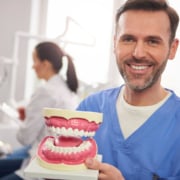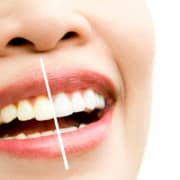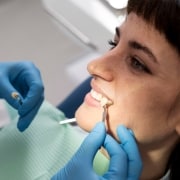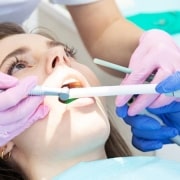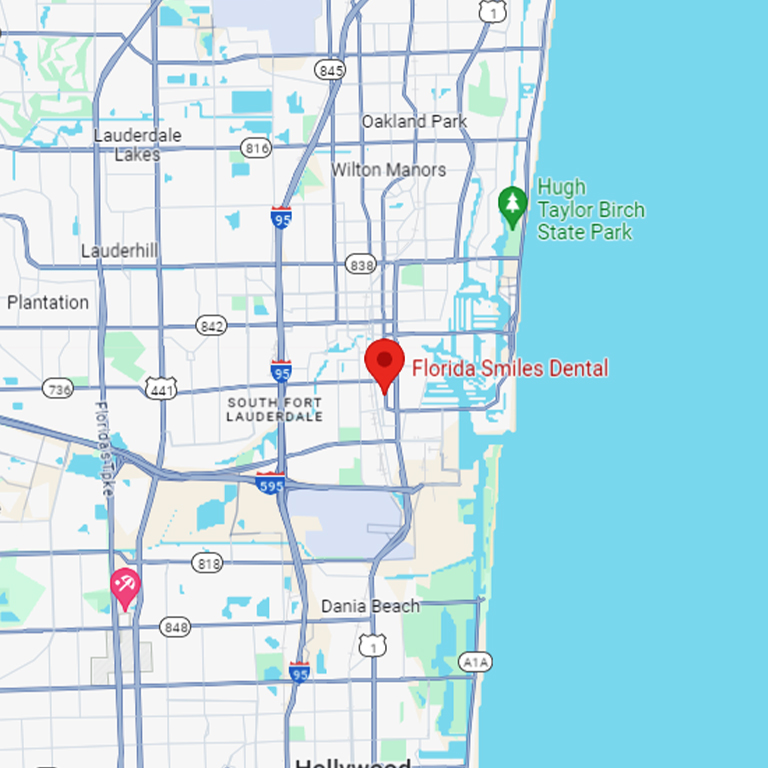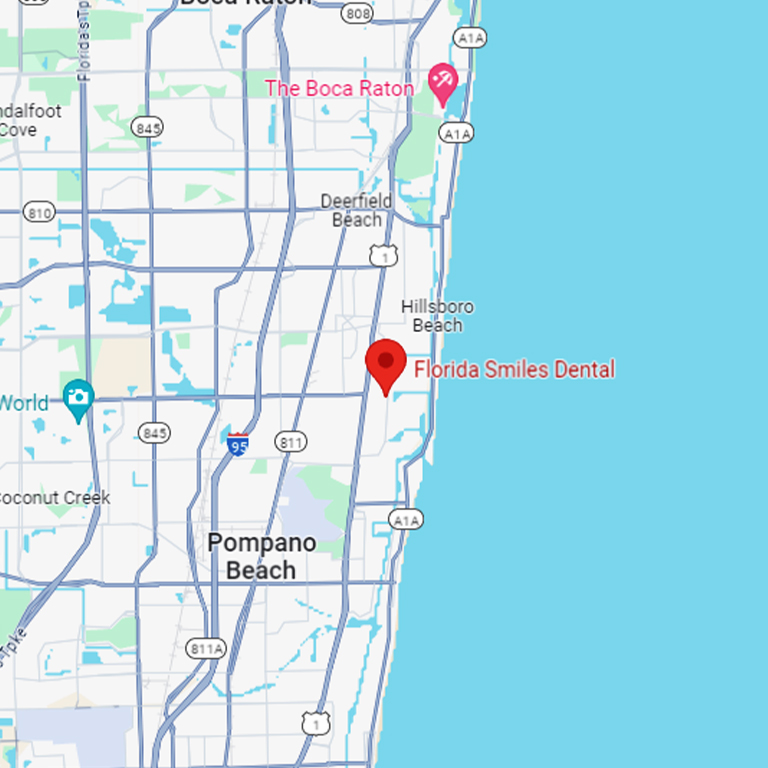Can Periodontics Give Me a More Attractive Smile?
Periodontics refers to the diagnosis and treatment of the gums. If you’re interested in whether this branch has a cosmetic component, we’ll look at what a periodontist in Fort Lauderdale, FL may be able to do for your smile.
Common Perils
The phrases ‘long in the tooth’ and ‘gummy smile’ are both negative references to your grin. If your gums have receded, it can make your teeth look much longer than normal. If you have too much gum tissue, it can take over your smile.
Luckily, there are a few options to correct your appearance. What’s more, these treatments can improve your oral health as much as they can improve your smile.
Types of Periodontal Treatments
Periodontic treatments usually treat infections and gum erosion, though some of the procedures can also freshen your smile. For example, if your gums have eroded, treatments like tissue regeneration and grafting can create healthy new tissue for a more even smile. There are also surgical techniques, like Chao Pinhole that can loosen gum tissue and then pull it over a receding area. This restores your smile and reduces the odds of gum disease.
What Is Gingival Contouring?
Gingival contouring refers to the careful reshaping of uneven or excessive gum tissue. While usually listed as a cosmetic procedure, gingival contouring can remove deep gum pockets that harbor bacteria and plaque. This process is extremely low-risk and boasts a very fast recovery time.
Find Periodontists in Fort Lauderdale, FL
At Florida Smiles Dental our periodontists are skilled in cutting-edge procedures to give our patients the best chance at recovering their smile and preventing future decay. They also coordinate care with our general dentists in Fort Lauderdale, FL to ensure the best outcome.








